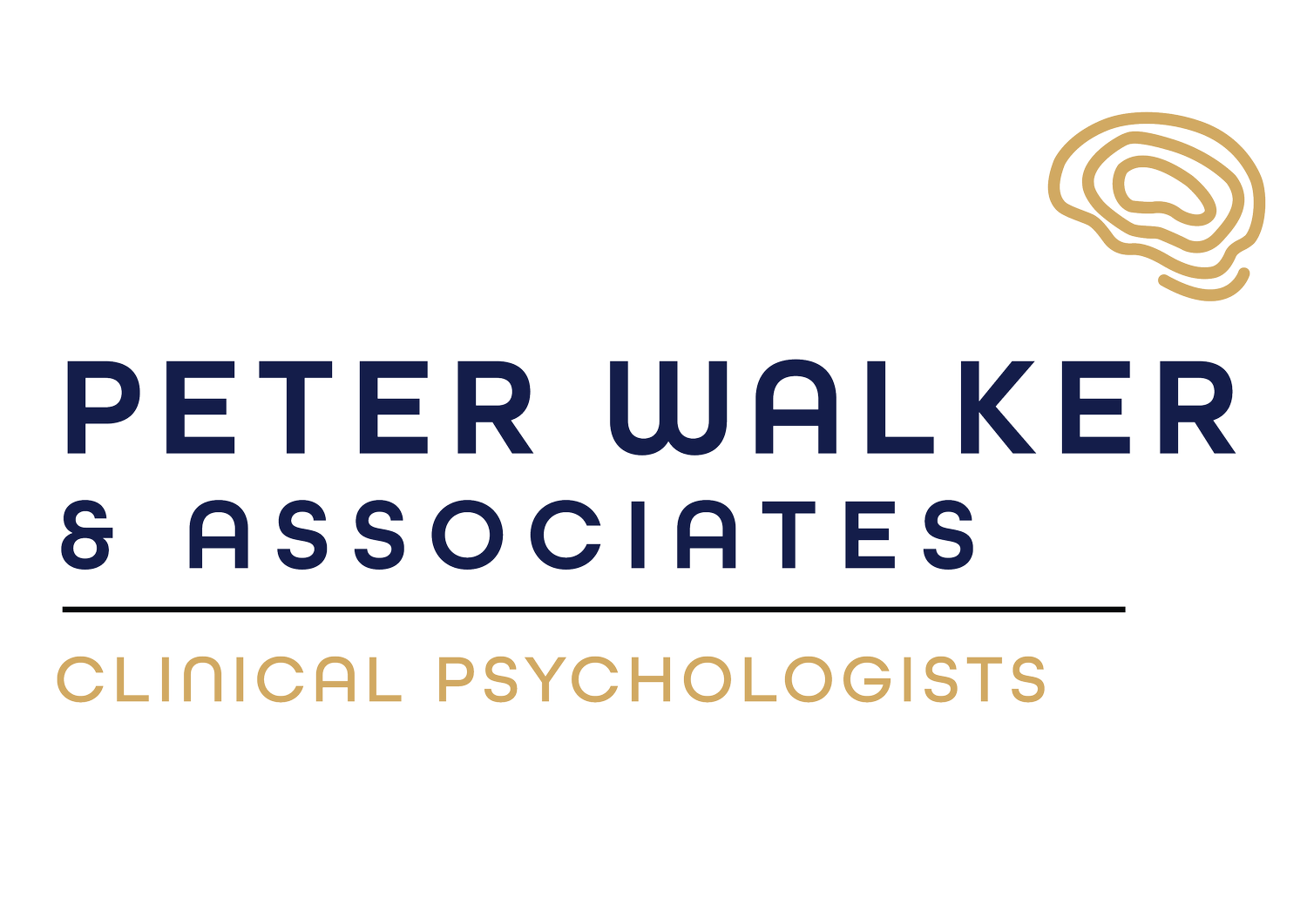Depression
What is depression?
Depression is a condition characterised by low energy levels, low motivation and the inability to experience pleasure.
If you or someone you know has been affected by depression, you’ll understand the distress and misery it can cause.
Depression symptoms
When people experience this mood state, they often:
lose their appetite or comfort eat
develop sleeping difficulties – such as trouble falling asleep and difficulties getting out of bed
withdraw from social activities
have a negative outlook on the future, themselves and the world
consider or act on urges to self-harm.
Types of depression
There are two main types of depression:
1. Unipolar depression
This is the most common type of depression. It involves episodes of the symptoms described above that usually last for weeks or months. The symptoms may ease off, but you can experience more episodes in the future.
2. Bipolar disorder
In this condition, people experience depressive episodes like those of unipolar depression. However, they also go through contrasting periods of elevated or “manic” episodes. These periods involve symptoms including:
- increased energy
- extremely high motivation
- a lot of activity towards achieving goals
- euphoria or irritability
- impulsiveness
- increased self-esteem.
Manic episodes can damage a person’s relationships, work stability and reputation.
How we work with you to treat depression
Our clinical psychologists have significant experience helping people with treatments for both unipolar depression and bipolar disorder.
We’ll help you understand the factors influencing your mood changes, help you develop strategies to counteract them, and help light the way to living a full life.
Medications, lifestyle changes (such as exercise and healthy eating) and psychological strategies can all help to ease symptoms and help prevent relapse.
We use evidence-based psychology treatments including:
Behavioural activation
Interpersonal psychotherapy
Social rhythm therapy
Our clinicians have interest, experience and specialised skill in treating mood problems in adults. Our practice also maintains close professional ties to the Prince of Wales Hospital Mental Health Program. This helps us to manage risk and provides an extra level of safety for our patients.

